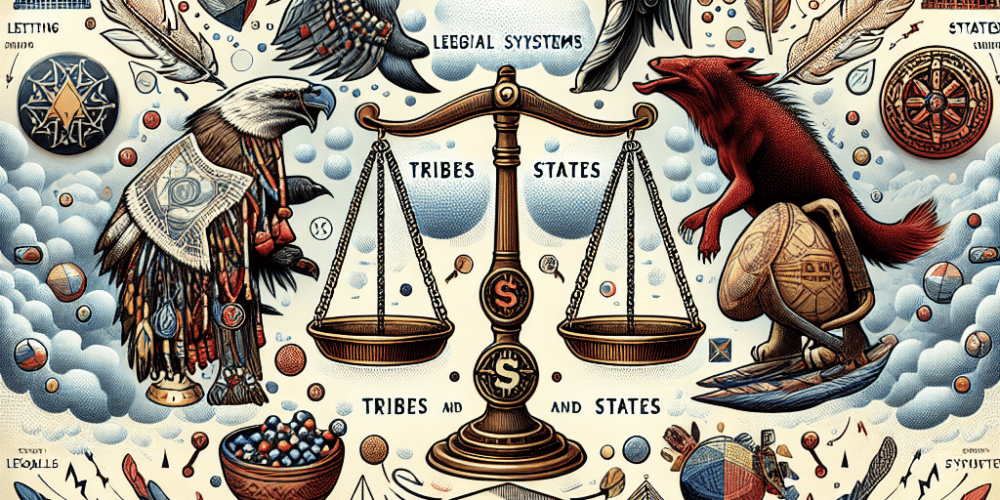DraftKings, a prominent player in the gaming industry, recently announced the acquisition of Railbird Technologies, a move that has sparked significant debate in the gambling world. Railbird Technologies, with approval from the Commodity Futures Trading Commission (CFTC), plans to launch its Railbird Exchange, focusing on event-based trading. This development comes as DraftKings is set to introduce a new mobile app, DraftKings Predictions, enabling users to trade contracts on varied topics such as finance and entertainment, with sports likely to follow. This could potentially allow prediction markets to operate in states where sports betting is currently prohibited.
In light of these developments, Daniel Wallach, a leading attorney in the gaming sector, has called for tribal nations and state attorneys general to collaborate in opposing prediction markets. Wallach’s concerns highlight the risks these markets pose to state authority and tribal sovereignty, a sentiment he expressed during a webinar organized by the Indian Gaming Association.
Recent court rulings in states like Nevada, New Jersey, and Maryland have demonstrated a judicial trend favoring state regulators. Wallach pointed out that courts are now delving into the issue of Congressional intent, questioning the plausibility of Congress banning sports betting via the Wire Act and PASPA while seemingly permitting it through less transparent means like commodities exchanges.
A significant tribal lawsuit is currently under consideration in San Francisco, where three tribes have accused Kalshi and Robinhood of conducting illegal sports betting activities on tribal lands. Additionally, Massachusetts has filed a lawsuit against Kalshi. Wallach believes that if this case transitions to a state court, a favorable outcome for the state is highly probable.
During the same webinar, Victor Rocha, chairman of the Indian Gaming Association Conference, emphasized the importance of fighting against prediction markets as a crucial matter concerning state rights and tribal sovereignty. Rocha asserted a determined stance, expressing that the fight is fundamental to preserving tribal sovereignty, regardless of the challenges.
Wallach commended the tribes for their pivotal role in shifting momentum in these legal battles, noting that before their involvement, companies like Kalshi were gaining an upper hand against state efforts. He also criticized prediction markets for targeting young adults aged 18 to 21, a demographic particularly vulnerable to compulsive gambling issues, and for lacking essential consumer protections. Wallach’s depiction of the situation as akin to “the Wild West” underscores the chaotic and unregulated nature he perceives in these markets.
While the tribes and state attorneys general prepare to challenge the expansion of prediction markets, proponents of these markets argue that they offer innovative financial instruments and entertainment options in a rapidly evolving digital economy. Supporters claim that properly regulated prediction markets could contribute to economic growth and provide consumers with engaging new avenues for interaction, provided that adequate safeguards are implemented.
The debate over prediction markets is set against a backdrop of shifting legal landscapes and technological advancements in the gambling industry. As companies like DraftKings continue to innovate and expand their offerings, the tension between state regulatory frameworks, tribal sovereignty, and emerging digital platforms becomes more pronounced. The outcomes of ongoing legal battles and regulatory decisions will likely shape the future of prediction markets in the United States, influencing how states and tribes navigate the complexities of modern gambling.
In conclusion, the controversy surrounding prediction markets highlights a critical intersection of legal authority, economic opportunity, and consumer protection. As stakeholders from various sectors engage in this multifaceted debate, the resolution will require careful consideration of regulatory frameworks, technological innovations, and the preservation of sovereignty and consumer welfare. The trajectory of prediction markets will serve as a bellwether for the broader gambling industry as it adapts to the challenges and opportunities of the 21st century.

















